Questions about what to watch or what to read can be asked, it seems, endlessly and more than once – after all, any good work, be it a book, movie or TV series, unfortunately, sooner or later ends and leaves. Its audience or reader is in the throes of new searches. But there is some good news, too.
To make your task easier, every week we ask our columnist Konstantin Obraztsov – writer, author of “Red Chains”, “Hammer of the Witches” and other books, as well as creator of the “Sample Reading” program on Rutube and the “Obraztsov” channel on Telegram – to share his collection of the world’s best literature and TV series with diamonds.
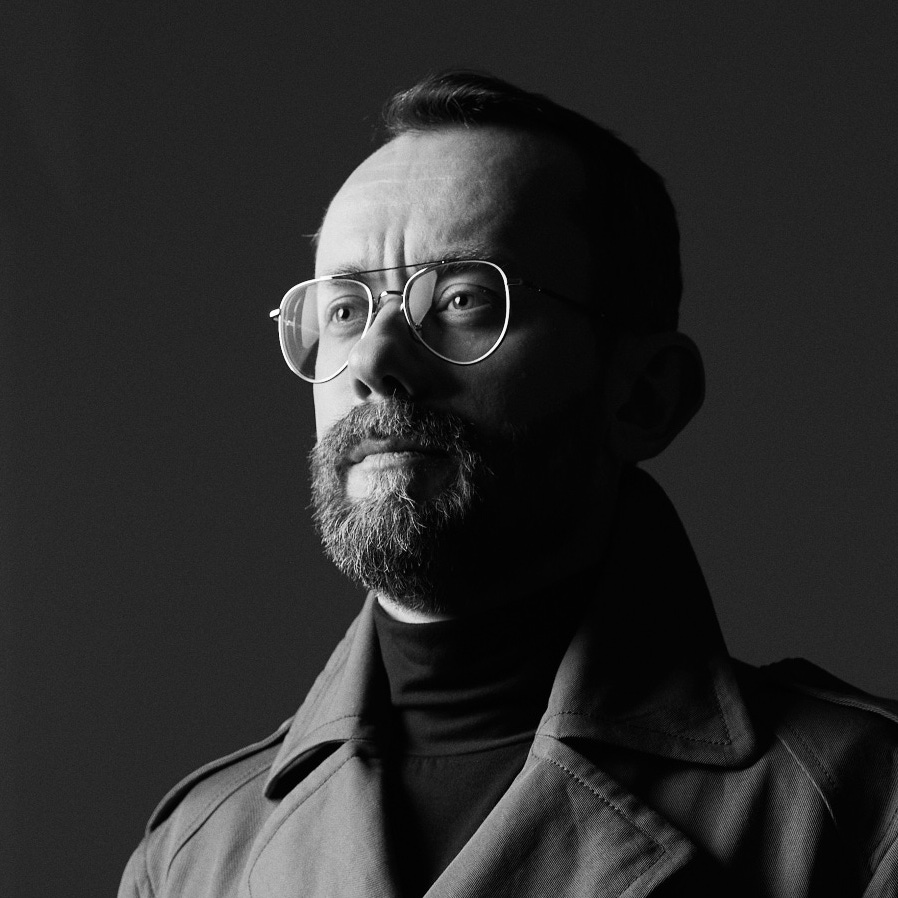
Konstantin Obraztsov
Today, “lieutenant prose” is selected on the agenda. It is the name of the works about war in which people who lived through the war wrote about what they saw and experienced.
When I was born, veterans of the Great Patriotic War were, on average, about as old as I am now. Not yet old, not retired, everyone was working. In general, my generation is the last generation in which the words “Thank you grandfather for the victory” are associated with real people, grandparents, with whom they spent their entire childhood.
I remember my maternal grandfather, Ivan Fedorovich Obraztsov, very well: he was a very calm, quiet and intelligent person. On Victory Day, his military friends came to visit us, they were also very calm and intelligent. They sat at the table, talked about their own affairs and did not remember the war at all, although the infantrymen who marched half of Europe like a song had something to remember. My grandfather voluntarily went to the front on June 23, 1941, defended Leningrad on the Pulkovo Heights, was awarded the soldier’s medal “For Courage”, the Order of the Red Star, reached Austria, finished the war with the rank of major. but I did not hear any heroic, funny stories from him. My grandfather had only three or four stories that he told me or at school when he was invited on holiday.
And another grandfather, who was a student in 1941 and captain of the second rank of the destroyer “Silny”, which entered the German city of Rostock in 1945, had several such stories while on duty. And my grandmother, who fought against criminals and looters as an investigator in besieged Leningrad and then restored legality in the areas liberated from occupation, also did not remember much of the war, although two or three of her stories were the most terrible.
Now the veterans will not tell us anything more. There are almost no survivors: the war ended 79 years ago, and even the eighteen-year-old boys who witnessed it in the final months of the war must now be nearly a hundred years old. Their children’s generation is already dying. And today the only way to hear a true story about the Great Patriotic War from those who fought on the fronts is through their books.
There is a term called “lieutenant prose”. These are war-related works created by writers who went through the war themselves, mostly in the rank of junior officers, and wrote about what they personally saw and experienced. In today’s selection, there are five authors and five books that talk honestly about the war.
Viktor Nekrasov, “In the trenches of Stalingrad”
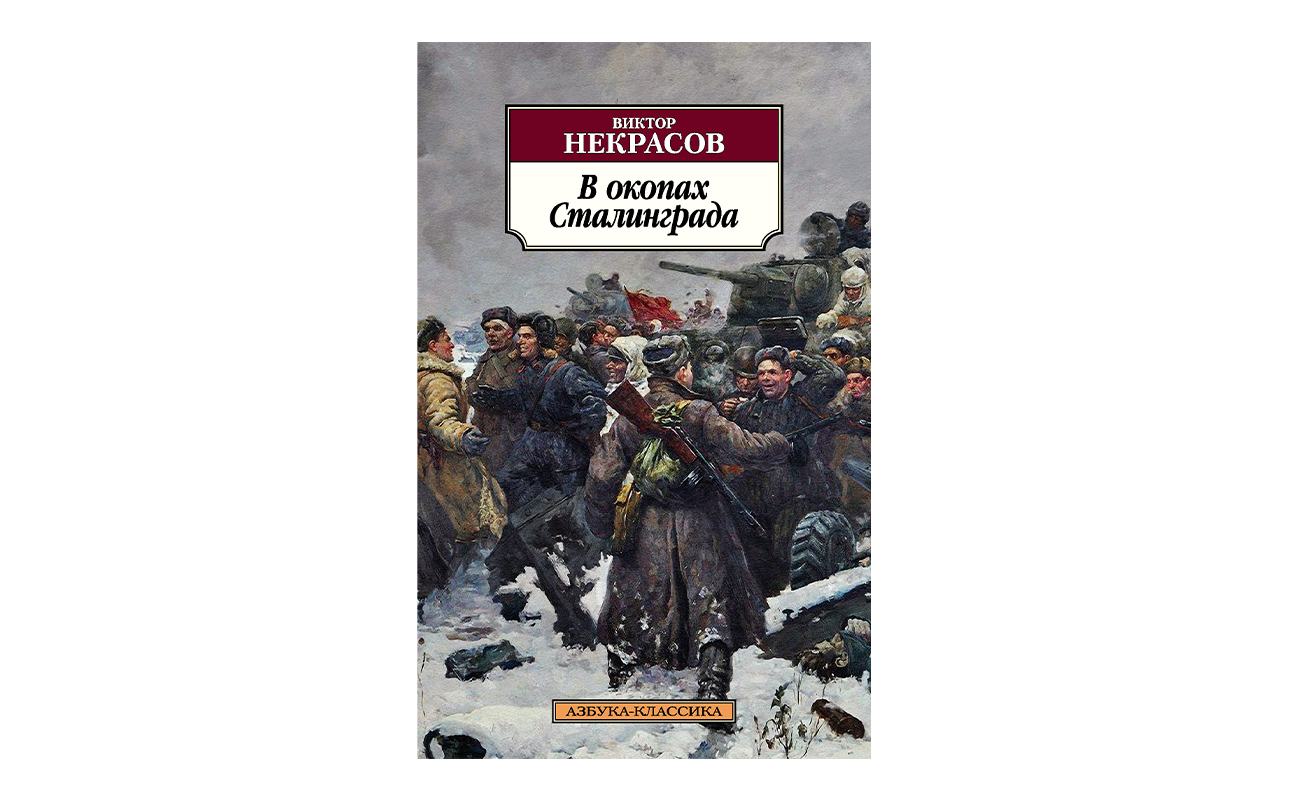
Viktor Nekrasov’s creative talent manifested itself in his youth: he graduated from the Faculty of Architecture, studied in a literary circle, studied at a theater studio, and in the summer of 1941 he served as an actor in the Red Army Theater. The players had reservations about conscription, but Nekrasov volunteered for the war. In 1942 he participated in the battle of Stalingrad in the legendary Mamayev Kurgan, the most terrible sector of the front. His book “In the Trenches of Stalingrad” was written based on personal experience.
This story became the first work of the “lieutenant prose”, which formed a kind of literary canon: the first-person story, as realistic, uncompromising and honest as possible. There is no pathos or chauvinist propaganda: the chaos of the battle is described in detail, instead of the promised tank division, six old broken tanks, half the battalion, are sent to help by order of the commander sitting at the headquarters. perish in a senseless attack, the soldiers are armed with rifles of the last century, a cowardly officer, fearing the fascists, throws away ranks, uniforms and stocks up on civilian clothes, and thirty-six fighters stop the attack of an entire division. .
“In the Trenches of Stalingrad” was published in 1946 and became a true bestseller: millions of copies, translations into dozens of languages, Stalin Prize. Nekrasov had a successful writing career, but his innate basic honesty did not combine well with the necessary servility towards the authorities. In 1966, Nekrasov signed a letter protesting Stalin’s rehabilitation, then spoke at spontaneous rallies, communicated with Soviet and foreign dissidents. The matter ended with searches, problems with the KGB, emigration and deprivation of citizenship. Books were withdrawn from sales and libraries and returned to readers only after perestroika.
Viktor Nekrasov died in Paris and was buried in the Sainte-Genevieve-des-Bois cemetery. A bullet fragment he collected from Mamayev Kurgan in the Stalingrad trenches is attached to his gravestone.
Viktor Kurochkin, “In war as in war”

The war found Viktor Kurochkin in Leningrad: as an eighteen-year-old boy he worked in a shell factory, survived the most terrible first winter of the siege, in which his father died, and was evacuated in the spring of 1942. During the evacuation he took a crash course at the tank school, as a young lieutenant he distinguished himself as the commander of an anti-tank self-propelled gun and immediately found himself in the middle of the battle on the Kursk Bulge.
This was very difficult; A young man of officer rank who had never fought a day could take command of an experienced, bombarded crew. The story “In War as in War” was also written about these difficulties and focused mainly on human relations at the extreme of war. The main character, the unconditional author’s alter ego, a twenty-year-old lieutenant, goes through the path of personal development from ridicule by an experienced crewman and rejection by the battalion commander to real success and heroic title. This is a very simple, artless and touching story with a touching ending in the spirit of Remarque.
The end of Viktor Kurochkin’s life was also tragic: the holder of the Order of the Red Star and the Order of the Patriotic War, a military officer who survived tank battles with the German “Tigers” and “Panthers”, was captured by a drunken police patrol and was severely beaten. The result was a cerebral hemorrhage that deprived the author of the ability to both write and speak. He died in 1976 at the age of 52.
By the way, the famous song “Tanks rumbled on the field…” was first heard in the film “In War as in War” based on Kurochkin’s story. There it sounds thoughtfully and lyrically, as befits a military song, and not cheerfully and rudely, as is sung after an artist in karaoke today. In the film itself, Viktor Kurochkin starred in the cameo role of a priest who performs funeral rites for the dead, and this also has its own truth about how it happened in the war.
Vladimir Bogomolov, “In August 1944”
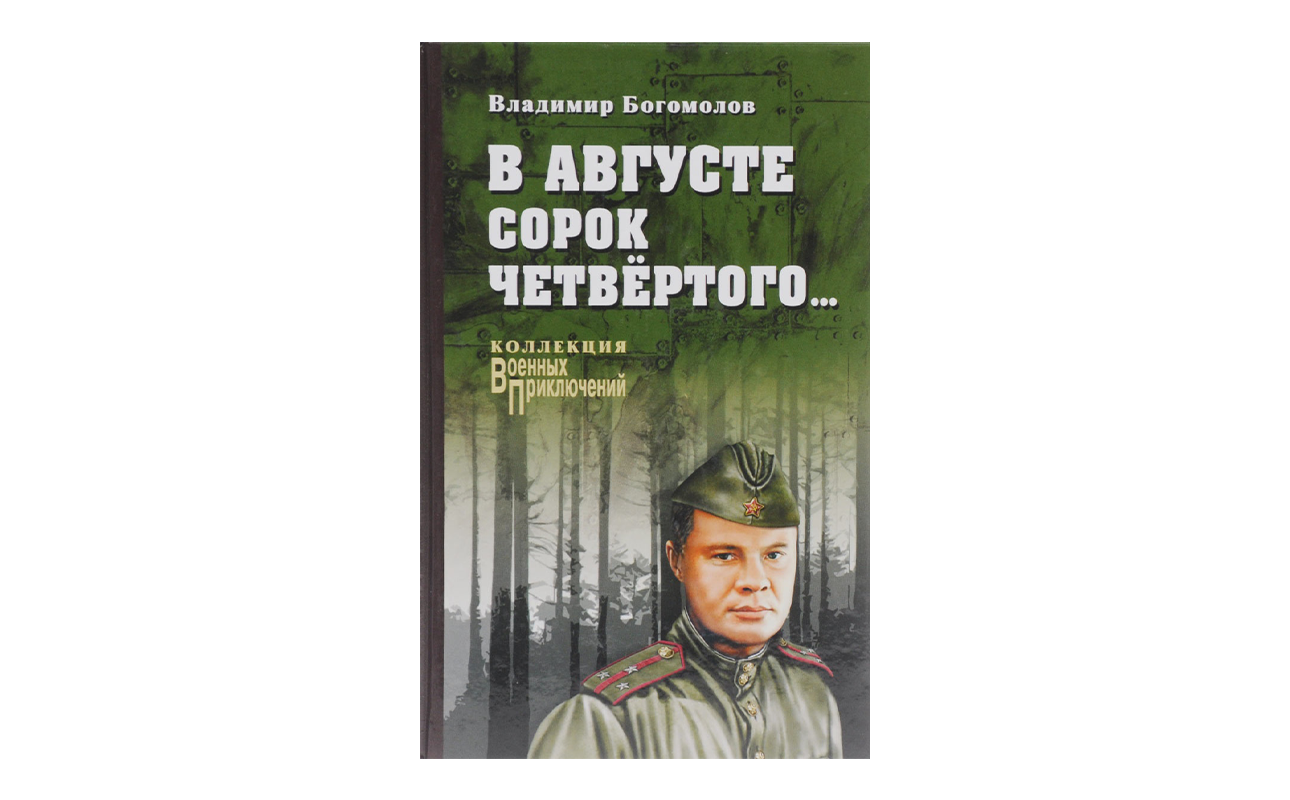
Vladimir Bogomolov went to the front as a sixteen-year-old student and deceived the draft board with the help of his former comrades. He was shell-shocked, injured, trained in accelerated artillery courses, served in intelligence, and at the end of the war he was transferred to the famous – including sad ones – SMERSH military counterintelligence. He served in counterintelligence for five years, participated in the fight against Bandera in Ukraine, and left his post for health reasons in 1950.
The novel “In August ’44” is a real detective thriller about counterintelligence and the hunt for enemy spies. In the recently liberated territory, on the front line of Belarus, SMERSH officers are trying to find and neutralize an enemy reconnaissance group. There is a wide range of stylistic features: work with evidence, psychological games, interrogations, analysis of information and skillfully defined conflicts. The narrative is extremely simple, but filled with many real and recreated documents, as well as colorful slang of the Soviet secret services: you will learn what it means to “swing the pendulum”, “shoot in the Macedonian way” and even “emergency”. “The evisceration effect”, also known as the “moment of truth”.
“In August ’44” was published in 1974 and became a classic of Soviet adventure literature. The film was shot in 2000, and Bogomolov himself spoke extremely harshly about this film adaptation, demanding that his name be removed from the credits.
By the way, the first film adaptation of Vladimir Bogomolov’s works was Andrei Tarkovsky’s film “Ivan’s Childhood”, shot in 1962.
Yuri Bondarev, “Battalions demand fire”
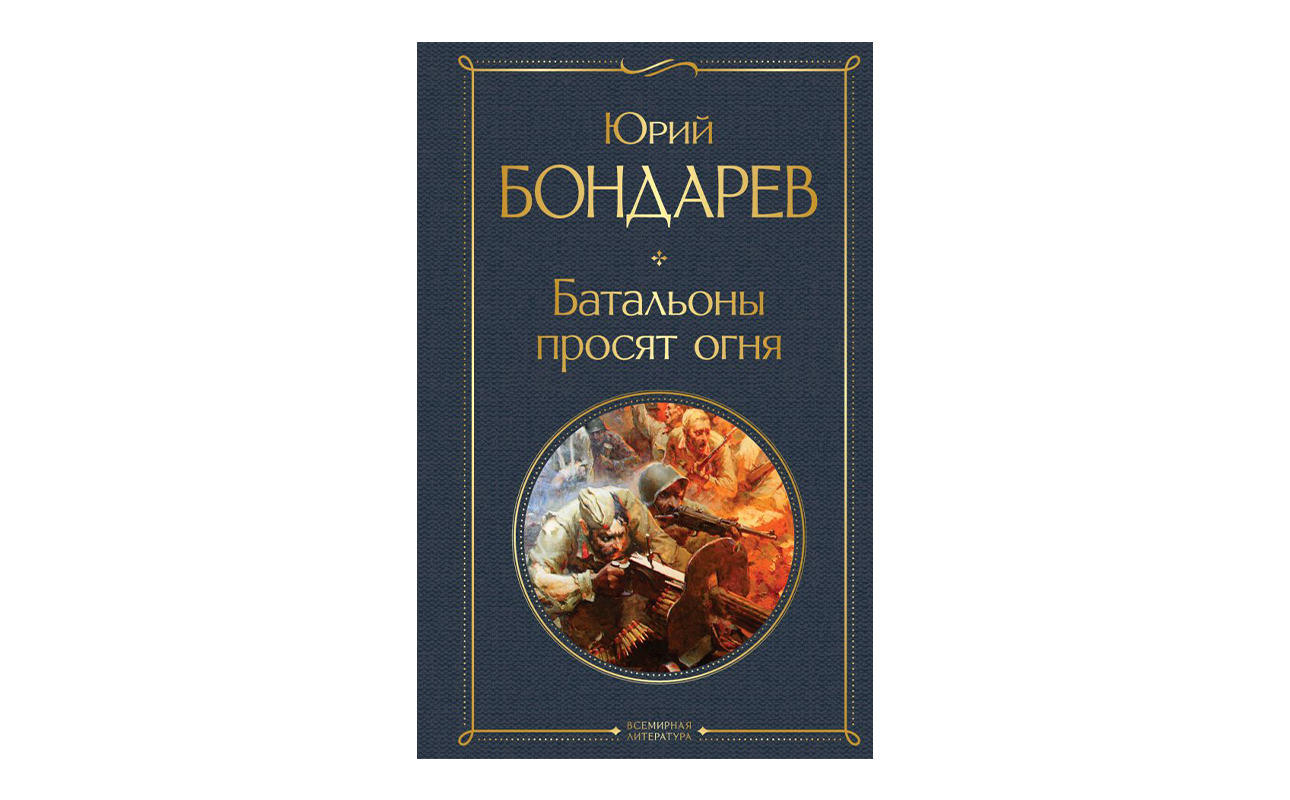
Yuri Bondarev is the same age as Vladimir Bogomolov: he was also born in 1924, a hundred years ago! – and also went to the front without finishing high school. He dug trenches near Smolensk, studied at the infantry school, fell under Stalingrad, then participated in the crossing of the Dnieper and the liberation of Kiev, received several wounds and received two medals “For Courage”.
The story “Battalions Ask for Fire” was written about one of the episodes of the Dnieper operation. Two infantry battalions were given a combat mission: to cross the Dnieper, gain a foothold on the shore and give a signal to the artillery, which should open fire on the advancing enemy. But at division headquarters, plans suddenly change: there will be no artillery support or assistance, and the battalions are doomed for the sake of a distracting manoeuvre. Out of hundreds of soldiers and officers, only five survived. Later, the main character tells the division commander that after what happened, he cannot consider himself neither an officer nor a person, but the question of whether it is possible to remain a person in war remains unanswered, especially when your command inevitably costs people’s lives. hundreds and thousands of soldiers.
Yuri Bondarev lived a very long life – he died in 2020 at the age of 96 – and always remained true to his beliefs: he opposed perestroika, did not accept the collapse of the USSR and refused to receive the Order of People’s Friendship from Boris. Yeltsin.
Boris Vasiliev: “There was a war tomorrow”
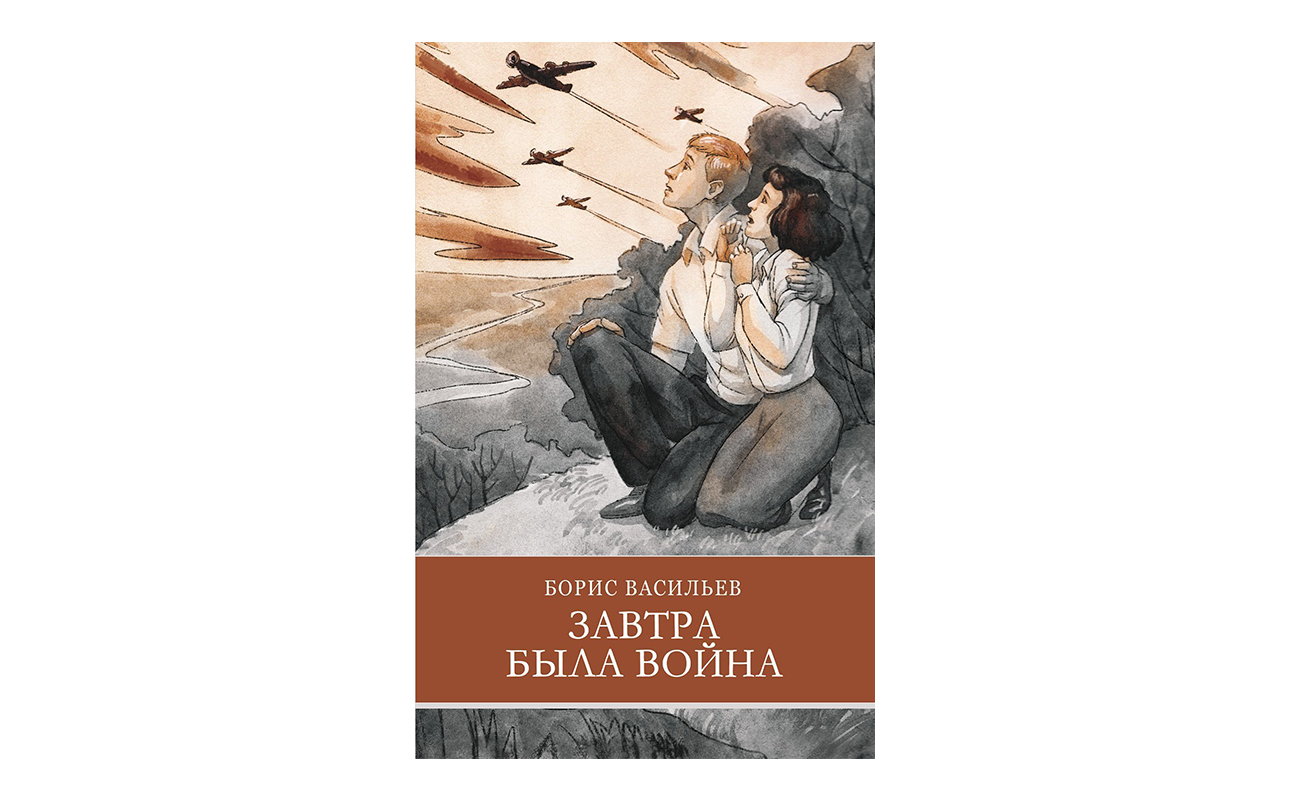
At the end of our selection there is a military story that is not about war.
Boris Vasiliev is a true classic of Soviet literature and the author of many not only military, but also historical novels and stories that go beyond the definition of “lieutenant prose”. He also followed his own war path: he served in a Komsomol combat battalion, escaped the encirclement, participated in one of the first airborne landings in 1943 and was wounded and shell-shocked.
Thanks to two film adaptations, almost everyone knows his story “The Dawns Are Quiet Here.” The story “There Was a War Tomorrow” is less known, perhaps because it tells not about the war itself, but about the boys and girls, yesterday’s schoolchildren, who won it.
In the last peaceful autumn of 1940, sixteen-year-old high school students make friends, fall in love, learn to make honest decisions and respond to the challenges of adult life, for which Yesenin is called “a decadent poet”, the teacher is easily denunciated for reading Poetry, and the chief engineer of the factory he is suddenly declared an “enemy of the people” and arrested. At the end of the story, Yesenin’s sentence “Farewell, my friend, farewell…” comes out in such a way, under such conditions and from the lips of such a character that it is difficult to hold back tears.
If you haven’t read it, be sure to read it, even if you have a bias against Soviet literature or military prose. Especially if there is.
PS Bulgakov said that a real writer cannot remain silent. And the “lieutenant” prose writers, real writers, did not remain silent either. But why our grandfathers and grandmothers did not talk about the war can be explained by a short poem by Yulia Drunina, who was not only a writer, but also a poet who went through her own war path:
I only saw hand-to-hand combat once.
Once in reality. And a thousand – in a dream.
Who says war isn’t scary?
He knows nothing about the war.
1943
Source: People Talk
Errol Villanueva is an author and lifestyle journalist who writes for The Fashion Vibes. With a passion for exploring the latest trends in fashion, food, travel, and wellness, Errol’s articles are a must-read for anyone interested in living a stylish and fulfilling life.

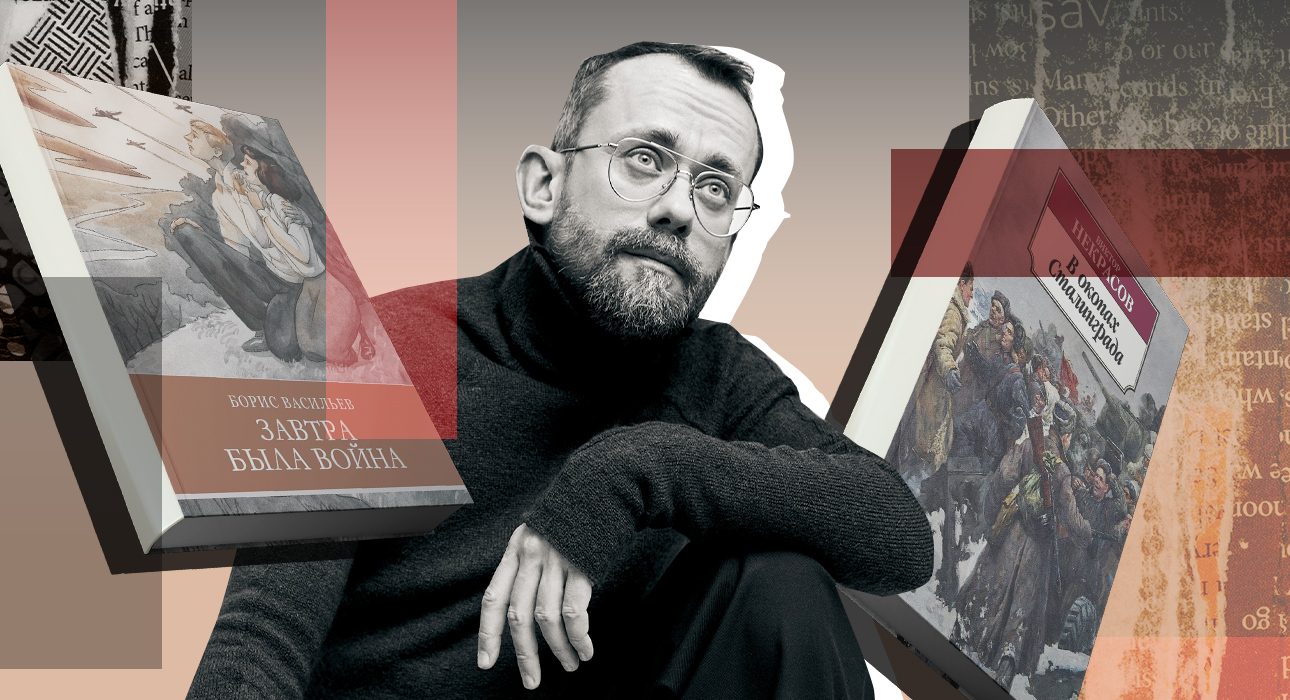



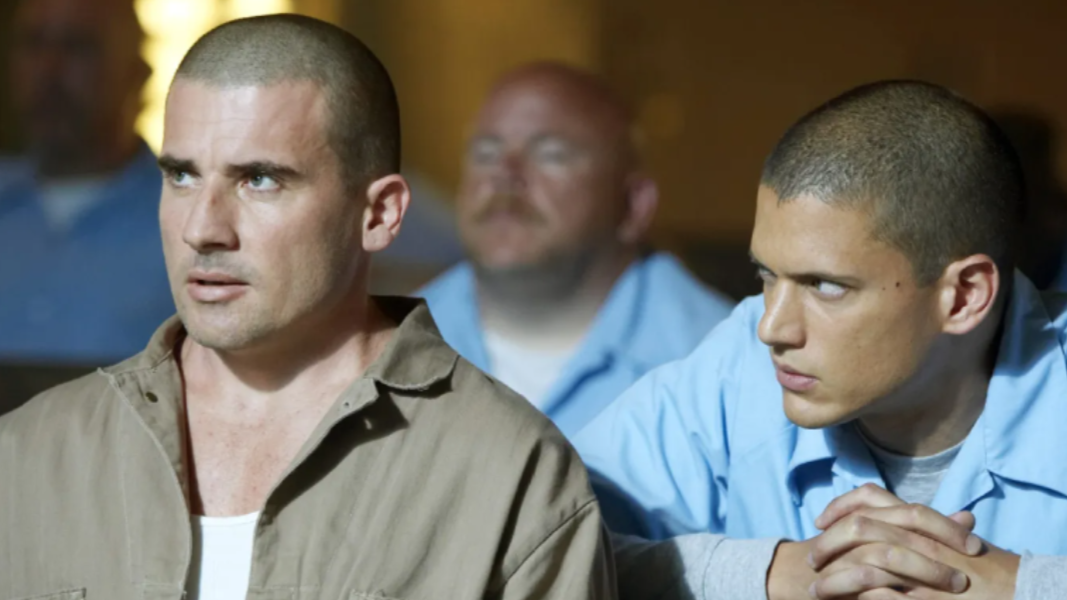.png)